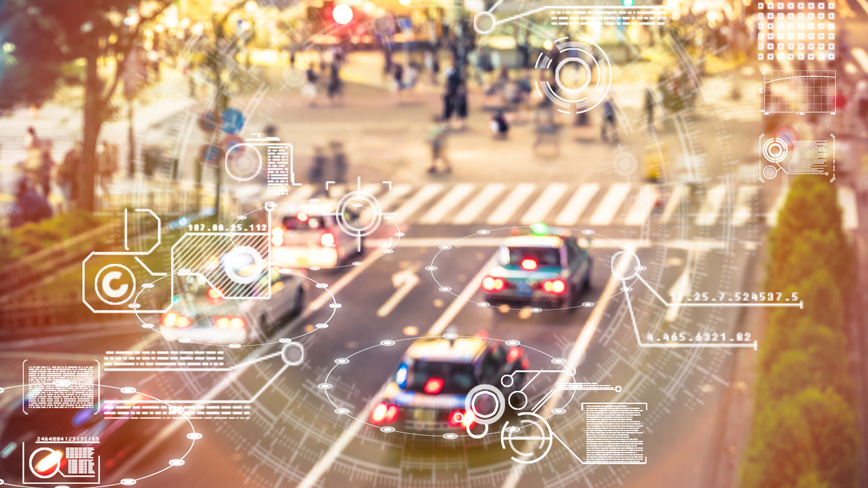Learning algorithms is an ever-increasing part of modern engineering
– From walking robots to smart grids and intelligent transportation

Learning algorithms have already shown great promise to deliver high-performing solutions to complex dynamic problems ranging from walking robots to games. They are set to play an ever-increasing role in modern safety-critical infrastructure such as smart grids and intelligent transportation. However, their emergence in safety-critical systems is not without problems.

At a high level, doctoral student Ingvar Ziemanns' research is about integrating machine learning theory with control theory and system identification.
"A large portion of my work has been about identifying fundamental limits. Roughly speaking, these are impossibility results that inform us that applying learning algorithms to certain control systems will result in poor performance and can be very unsafe.” says Ingvar Ziemann.
Over the past few years, the theory community has tackled many foundational issues. But are starting to have a good theoretical understanding of how the basic models of the field, controls and interact with machine learning.
“I look forward to seeing and contributing to having these results become more practical and inform actual algorithm design,” says Ziemann.
He is also excited to see how the intersection of machine learning and controls develops over the next few years.
“I believe control theorists possess excellent tools to tackle safety, robustness and fundamental limitations", he says.
Ziemann received the Best Student Paper Award at the IEEE Conference on Decision and Control in Cancun.
“Doing theoretical work, I often don't immediately see my work's impact, so receiving the best student paper award at CDC is a huge motivational boost. This recognition of my work humbles me, and I'm now more than ever excited to keep going.” says Ziemann.
